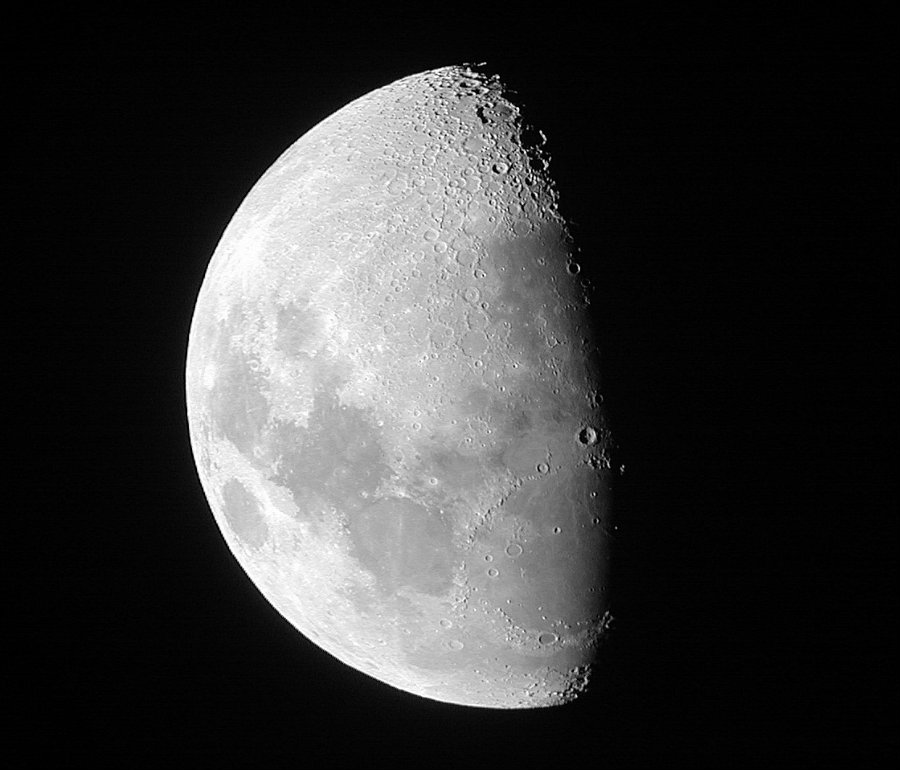China took another step in its space exploration program with the creation of a trial scenario for a permanent moon station. Science students will move into a cabin to simulate life in a lunar-like environment for 200 days.
By doing so, they intend to prepare people for a long-term space mission without any outside world input. Beijing expects to accelerate its space program, and the new trial will help them speed up their plans to put people on the moon within the next two decades.

Chinese volunteers will live in a simulated space cabin for 200 days
The official Xinhua news agency said that volunteers will have to live in a simulated space cabin for between 60 and 200 days over the next year, in an attempt to help scientists understand what will be needed for humans to live on the moon in the medium and long term.
Chinese President Xi Jinping has repeatedly called for China to become a global power in space exploration, as Russia and the United States are also investing in getting people to live on Mars or the moon. China expects to send a probe to the dark side of the moon no later than 2018 and to put astronauts there by 2036.

It is not the first time China conducts an experiment to assess human response to long-term space simulation, as in 2014 a similar 105-day trial was carried out successfully. In the new trial, two groups of four volunteers will live in the simulated cabin called “Yuengong-1”, to test how a life support system works in a moon-like environment.
China expects to establish a permanently manned station by 2022
The life support system, dubbed the Biogenerative Life Support System (BLSS), allows food and water to be recycled, which is key for the survival of any Chinese probes to the moon or the Red Planet.
“The latest test is vital to the future of China’s moon and Mars missions and must be relied upon to guarantee the safety and health of our astronauts,” said Liu Zhiheng of the Chinese Academy of Sciences to the news agency, as reported by Reuters.
The Yuegong-1 trial cabin has a central living space reported to be the size of a minuscule urban apartment, and it is equipped with two greenhouses for plants.
In March, China disclosed plans to launch a space probe to bring back samples from the moon this year. In April the country’s first cargo spacecraft docked with an orbiting space lab, which was considered a significant step. Beijing has previously shared plans to establish a permanently manned space station, and they intend to do so by 2022.
Source: Reuters
